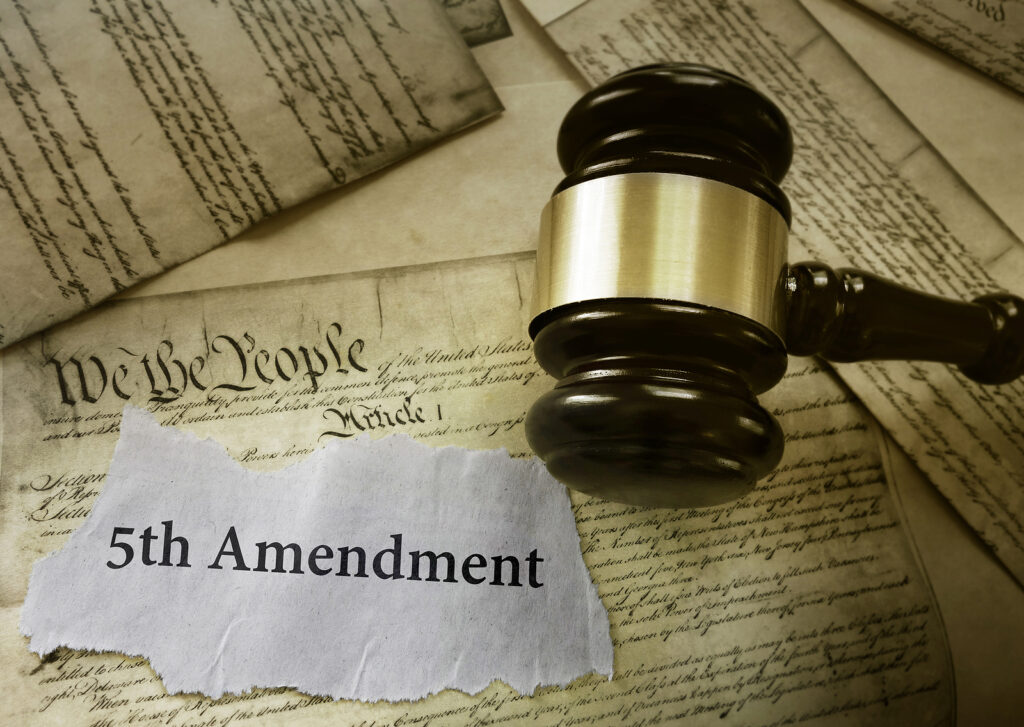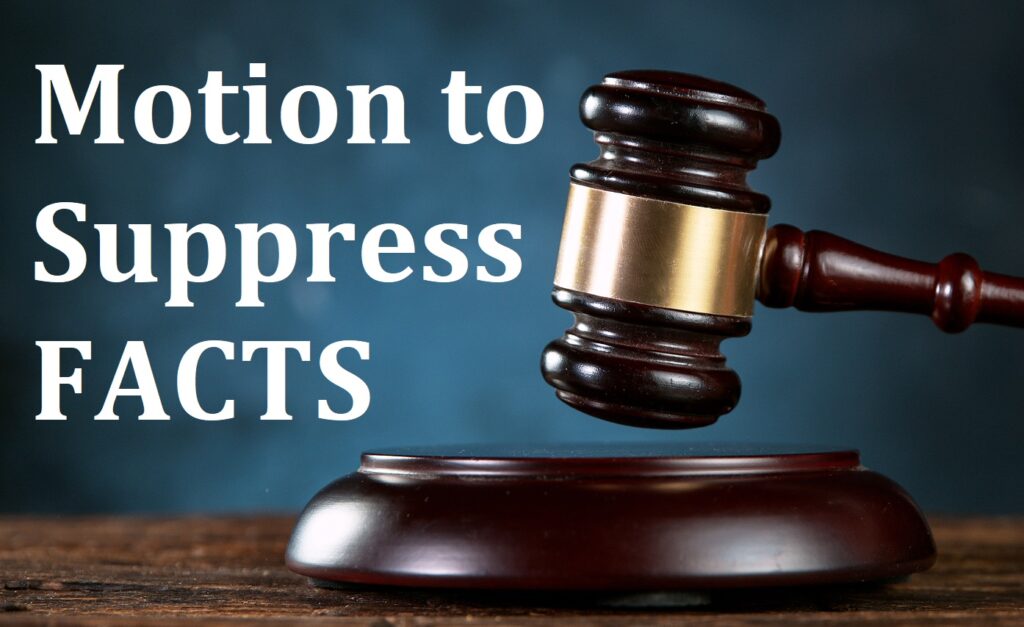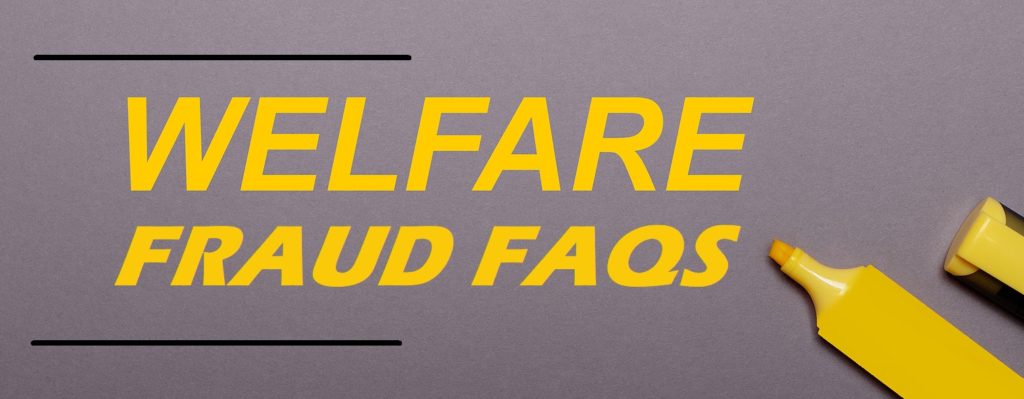When you are charged with the crime, your first thought might lean toward your Fifth Amendment right. What is your Fifth Amendment right? Well, under the United States Constitution, your Fifth Amendment right provides you with protection against double jeopardy, self-incrimination, and more. Under the 5th Amendment, a person cannot be tried twice for the same crime, nor can they be forced to testify against themselves. Lastly, it protects defendants against be deprived of life, liberty, or property prior to due process of the law.
So, how does your Fifth Amendment right relate to being granted immunity in a criminal case for testifying against someone else? Continue reading to find out.

Testifying for Immunity in a Criminal Case
As a citizen of the United States, you are protected against self-incrimination. This means that you cannot be forced to provide information that directly incriminates yourself or respond in a way that will lead to the discovery of evidence that can potentially incriminate you. This is why you have the right to remain silent and the right to an attorney at the moment you are arrested and read your Miranda Rights. Although law enforcement and courts encourage you to tell the full truth and confess to the crimes you are guilty of, you cannot be forced by law to do so.
How does this relate to exchanging your testimony for immunity in your own criminal case? Well, sometimes prosecution will make a deal with a defendant who is suspected of particular crime or criminal activity by offering them immunity in exchange for testimony against another suspected criminal or crime leader. This prosecutor strategy is typically used with large drug trafficking and sex ring cases, or in criminal cases involving black market operations.
2 Types of Immunity
There are two common types of immunity offered by prosecution in criminal cases: Total Immunity and Use and Derivative Use Immunity. Total immunity, also known as transactional immunity, refers to an arrangement that gives a suspect complete protection against being charged at any point in the future based on matters related to their testimony.
Use and derivative use immunity is a similar arrangement to total immunity, but with more restriction, which is why it is the more common type offered in criminal cases. A person who is granted this type of immunity will be protected against being charged by prosecution based on statements, or any evidence uncovered from their statements, given in their immunized testimony.
Who is Granted Immunity in Indiana?
In order to be eligible for immunity, you must have valuable information against another serious offender in Indiana. Furthermore, prosecution must believe that your information can help them bring about a case or serve as concrete evidence against said suspected criminal. Keep in mind that there are limitations and rules that go along with this type of legal arrangement. After all, immunity is more of an inventive for prosecution, who uses it as a tool to get what they want.
Once a person is granted immunity, they must testify in court against the person they have information on. If the person refuses to testify after being given immunity, they will be held in contempt of court. Furthermore, being granted immunity does not mean that a person is entirely cleared. Prosecution could later indict an immunized witness, so long as prosecution and law enforcement can prove that the case is based exclusively on evidence separate from the witness’s immunized testimony.
Being granted immunity in exchange for testimony in Indiana is rare. If you are facing minor criminal charges, it is not likely that prosecution will want your testimony unless you do have information on a serious criminal ring or offender in Indiana. It is important to speak with your Indiana criminal defense lawyer to understand your rights and best options for defense during the criminal justice process.
What Does Immunity Mean?
If a person is granted immunity in exchange for their testimony against another suspected criminal in Indiana, it means that the testimony they provide cannot be used as evidence to support further criminal charges or an indictment against them.
So, if a defendant admits to burglarizing a convenience store while testifying against another person, prosecution cannot file charges against them for burglary if they are giving their testimony in exchange for immunity.
In another example, if the defendant admits to fleeing the state while on parole, they cannot be charged with a parole violation afterwards if such confessions were provided during a testimony in exchange for immunity.
Are you currently facing criminal charges in Indiana but have no idea what to do? Contact the Law Office of David E. Lewis at 317-636-7514 to connect with one of our esteemed criminal defense attorneys in Indianapolis, Indiana. We can meet over the phone, via online video conference, or in person at our office.
You Should Also Read:
What You Need to Know About Immunity in a Criminal Case
Proper Conduct for a Trial Witness
What is a Commuted Sentence?










